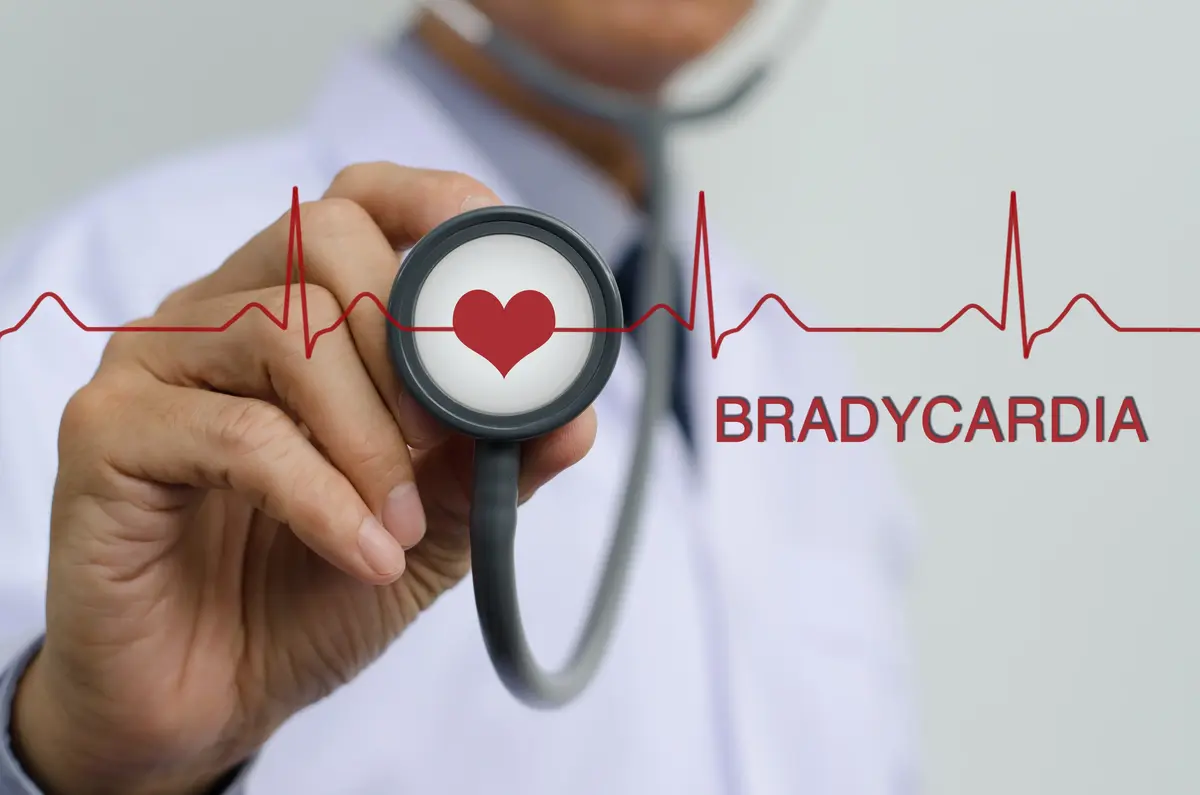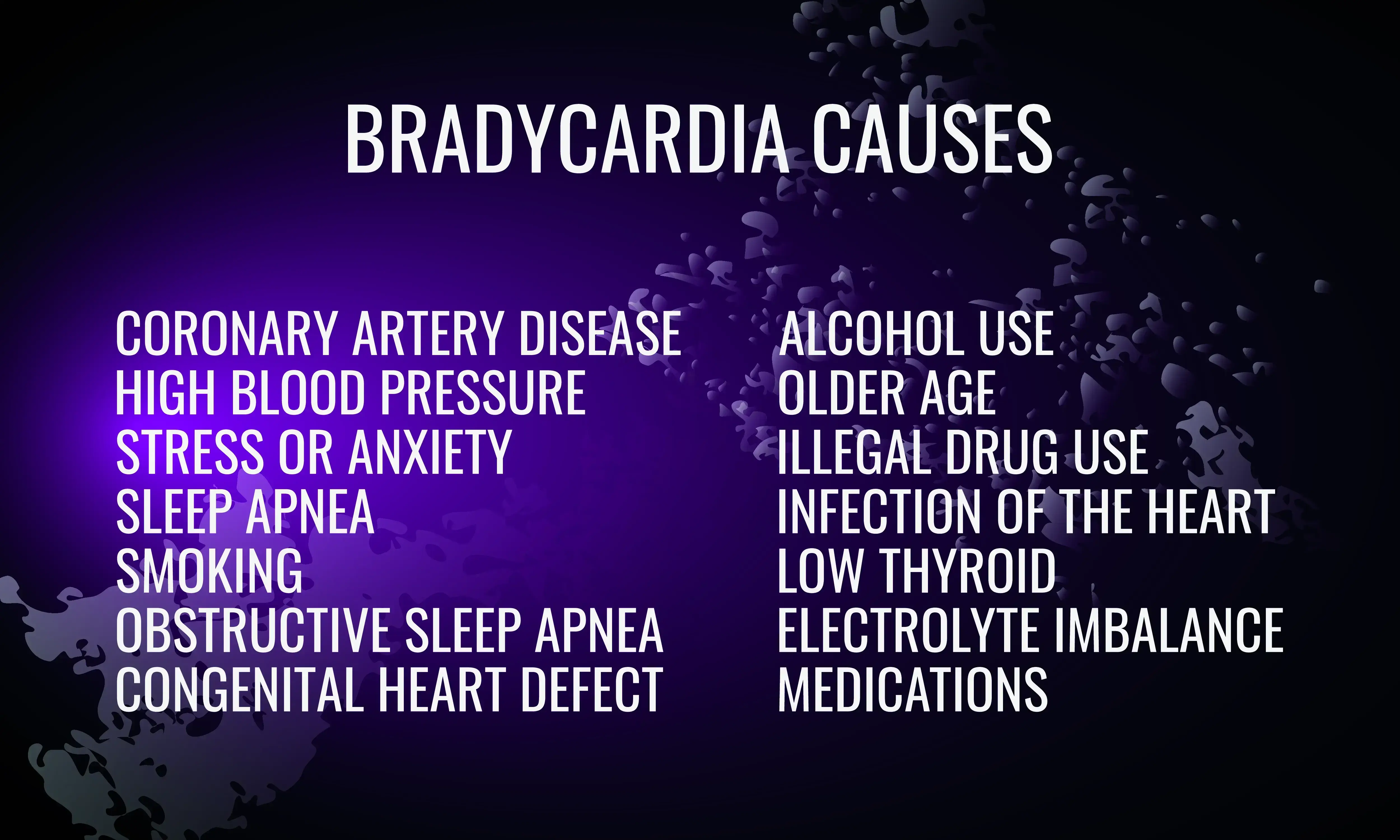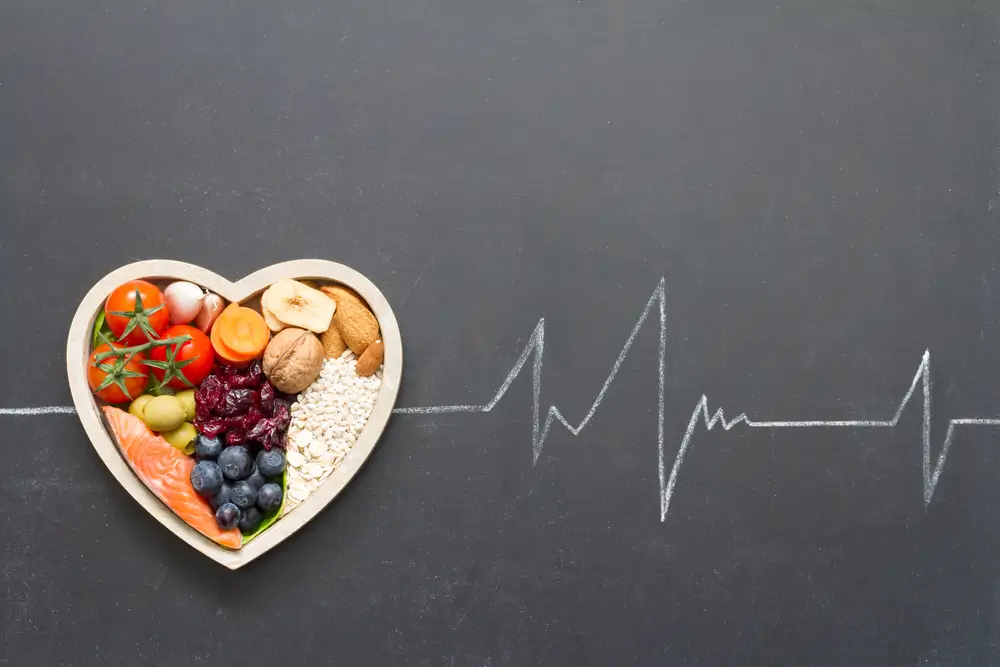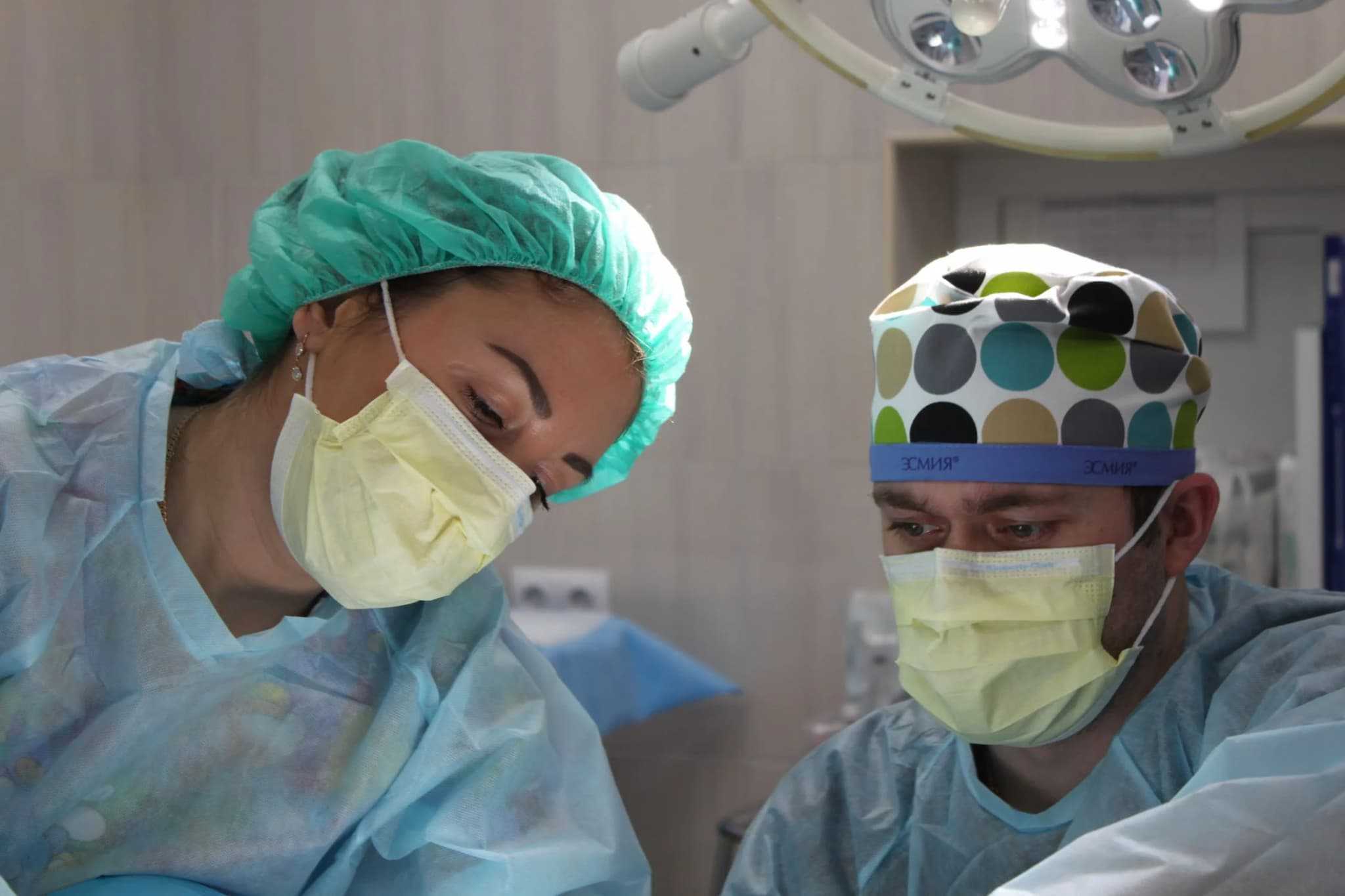Bradycardia: Causes, Symptoms, Risk Factors, and Treatment


Bradycardia refers to a condition characterised by a slow heart rate, typically less than 60 beats per minute. It can be asymptomatic or may lead to symptoms and health implications.
Read more about Bradycardia below or you may book an appointment for cardiac evaluation with one of our cardiologists or contact us for further details.
Defining Bradycardia and Slow Heart Rate
Bradycardia, commonly known as a slow heart rate, occurs when the heart beats at a rate slower than the normal resting heart rate of 60 to 100 beats per minute.
Identifying Symptoms of Bradycardia
People with bradycardia may experience symptoms such as fatigue, dizziness, fainting, shortness of breath, and chest pain. However, in some cases, bradycardia may not cause any symptoms, and the condition may only be detected during a routine medical examination.
Understanding the Impact on Heart Function
Bradycardia affects the heart's ability to pump blood efficiently, potentially leading to reduced oxygen supply to the body's tissues and organs. This can result in a range of symptoms and health issues.
How Does Bradycardia Affect Overall Health?
A heart rate that’s too slow, typically less than 60 beats per minute, can impact overall well-being and may require treatment to manage potential health risks.
Signs and Symptoms of Bradycardia
Bradycardia may cause symptoms such as dizziness, fatigue, fainting, shortness of breath, and chest pain. However, it can also be asymptomatic and not cause any noticeable signs.
Understanding the Causes of Bradycardia

Exploring Common Causes of Bradycardia
Bradycardia can be caused by various factors, including age-related changes in the heart's electrical system, heart tissue damage due to heart disease, and metabolic imbalances.
Impact of Certain Medications on Heart Rate
Certain medications, such as beta-blockers and calcium channel blockers, can slow the heart rate and lead to bradycardia as a side effect.
Effects of Heart Surgery on Heart Rhythm
Individuals who have undergone heart surgery may experience disruptions in their heart's rhythm (arrhythmia), potentially resulting in bradycardia.
Connection Between Abnormal Heart Rhythms and Bradycardia
Abnormal heart rhythms, also known as arrhythmias, can contribute to the development of bradycardia, especially in individuals with conditions such as sick sinus syndrome.
Insight into Bradycardia and its Relation to Heart Block
Bradycardia may also occur due to heart block, a condition that disrupts the electrical signals between the heart's chambers, leading to a slow heart rate.
Diagnosing and Treating Bradycardia
Diagnosis Methods for Bradycardia
Diagnostic tests such as electrocardiograms (ECGs or EKGs) and ambulatory EKG monitoring can help identify bradycardia and determine its underlying causes.
Understanding the Role of Pacemakers in Treating Bradycardia
Pacemakers, devices that regulate the heart's rhythm by emitting electrical impulses, are often used to manage bradycardia by restoring a normal heart rate.
Exploring Treatment Options for Bradycardia
Various treatment approaches, such as medications (atropine, epinephrine and dopamine), changes in lifestyle and in some cases, surgical interventions, are available to address bradycardia and its associated symptoms.
If the heart is beating too slowly and it's causing significant issues like very low blood pressure, doctors may use medications such as atropine through a drip or injection to increase the heart rate.
Importance of Early Diagnosis for Effective Treatment
Timely diagnosis is crucial for initiating appropriate treatment and preventing potential complications associated with bradycardia.
Preventing and Managing Bradycardia
Managing bradycardia involves medications such as atropine or epinephrine, pacemaker implantation, and lifestyle adjustments to improve heart health. Regular medical monitoring is also important for managing bradycardia effectively.
Preventive Measures to Avoid Bradycardia
A healthy lifestyle, including a balanced diet, regular exercise, and adequate sleep, can help in preventing or managing bradycardia.
Managing Bradycardia Through Lifestyle Changes
Adopting a heart-healthy lifestyle, including maintaining a healthy weight and avoiding excessive alcohol and tobacco use, can contribute to managing bradycardia and promoting overall heart health.
Role of Regular Exercise in Preventing Bradycardia

Engaging in regular physical activity can support cardiovascular health and reduce the risk of developing bradycardia and other heart-related concerns.
Healthy Heart Habits to Maintain Normal Heart Rate
Incorporating habits such as stress management, regular heart health check-ups, and managing underlying health conditions can aid in maintaining a normal heart rate and preventing bradycardia.
Addressing Underlying Health Conditions to Prevent Bradycardia
Managing underlying conditions, such as thyroid disorders or heart disease, is essential in preventing bradycardia and its associated complications.
Living with Bradycardia
Living with bradycardia can be challenging for those who experience it. Bradycardia often leads to symptoms such as fatigue, dizziness, and shortness of breath. People living with bradycardia may need to monitor their heart rate regularly and make lifestyle adjustments to manage their condition. In severe cases, a pacemaker may be necessary to regulate the heart rate.
Bradycardia Lifestyle Management
Individuals with bradycardia should work with their healthcare providers to manage the condition through appropriate lifestyle modifications and medical interventions.
Recognising Warning Signs
Being aware of potential warning signs and seeking medical attention when experiencing symptoms is crucial for individuals living with bradycardia.
Triggering Factors
Identifying triggering factors, such as stress or certain activities, that can worsen bradycardia symptoms can aid in managing the condition effectively.
Diet For Bradycardia

A heart-healthy diet rich in fruits, vegetables, whole grains, lean proteins, and healthy fats can support individuals with bradycardia in managing their condition and overall well-being.
Exercises For Bradycardia
Engaging in appropriate physical activities, as recommended by healthcare professionals, can help individuals with bradycardia maintain cardiovascular fitness and support heart health.
Conclusion
Bradycardia, characterised by a slow heart rate, warrants attention to prevent potential complications and promote overall heart health. Understanding the causes, symptoms, diagnostic methods, and treatment options is crucial in managing this condition effectively. By adopting a heart-healthy lifestyle and working closely with healthcare providers, individuals with bradycardia can lead fulfilling lives while effectively managing their heart health.
Frequently Asked Questions About Bradycardia
Below are some of the frequently asked questions about bradycardia, its symptoms, causes, treatments, and prevention.
What Is Bradycardia?
Bradycardia is a condition characterised by a slower-than-normal heartbeat, typically fewer than 60 beats per minute for adults.
What Are the Symptoms and Causes of Bradycardia?
Bradycardia can be asymptomatic, or it may cause symptoms such as fatigue, dizziness, lightheadedness, fainting, and shortness of breath. It can be caused by ageing, heart conditions, certain medications, or problems with the heart's electrical system.
How Is Bradycardia Diagnosed?
Bradycardia is diagnosed through physical exams, reviewing medical history, and conducting tests such as electrocardiogram (ECG) and Holter monitoring to evaluate the heart's electrical activity.
What Are the Treatments for Bradycardia?
Treatment for bradycardia depends on the underlying cause and severity of symptoms. Options may include lifestyle changes, medication, or in severe cases, the implantation of a pacemaker to help regulate the heartbeat.
When Does Bradycardia Require Treatment?
Bradycardia may need treatment if it causes symptoms such as dizziness, fainting, or shortness of breath, or if the heart rate is significantly slow, typically less than 30 beats per minute.
How Is Bradycardia Treated?
Bradycardia can be treated with lifestyle changes such as increasing physical activity and avoiding excessive alcohol or tobacco. In some cases, medication or the implantation of a pacemaker may be necessary.
What Are the Causes of Bradycardia?
Bradycardia can be caused by factors such as ageing, heart muscle damage, medications like beta blockers or calcium channel blockers, or problems with the heart's electrical system, among others.
What Is Sinus Bradycardia?
Sinus bradycardia is a type of bradycardia where the heart's electrical signals originate from the sinus node but at a slower rate, typically between 60 beats per minute.
What Are the Symptoms of Bradycardia?
Symptoms of bradycardia may include fatigue, dizziness, lightheadedness, fainting, and shortness of breath, although in some cases, it may not cause any symptoms.


